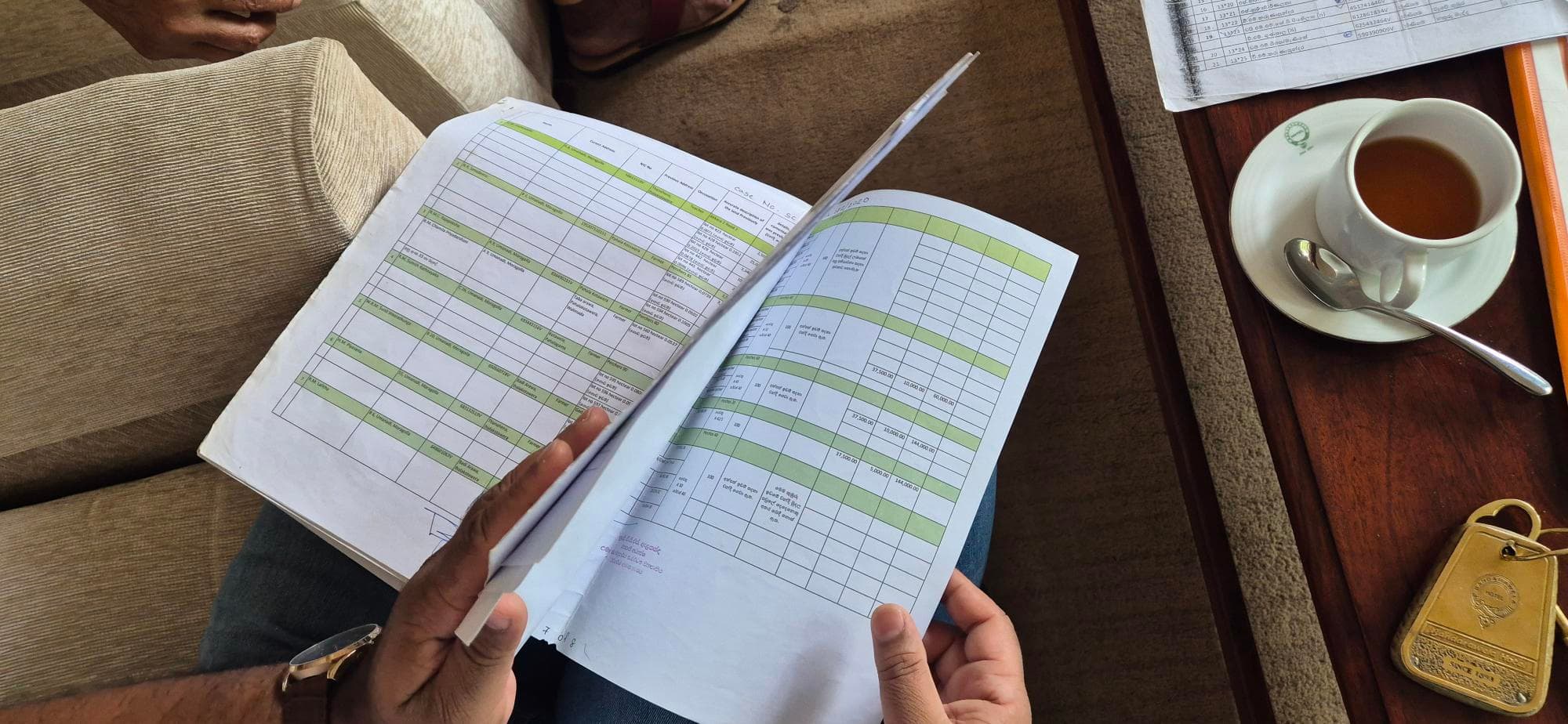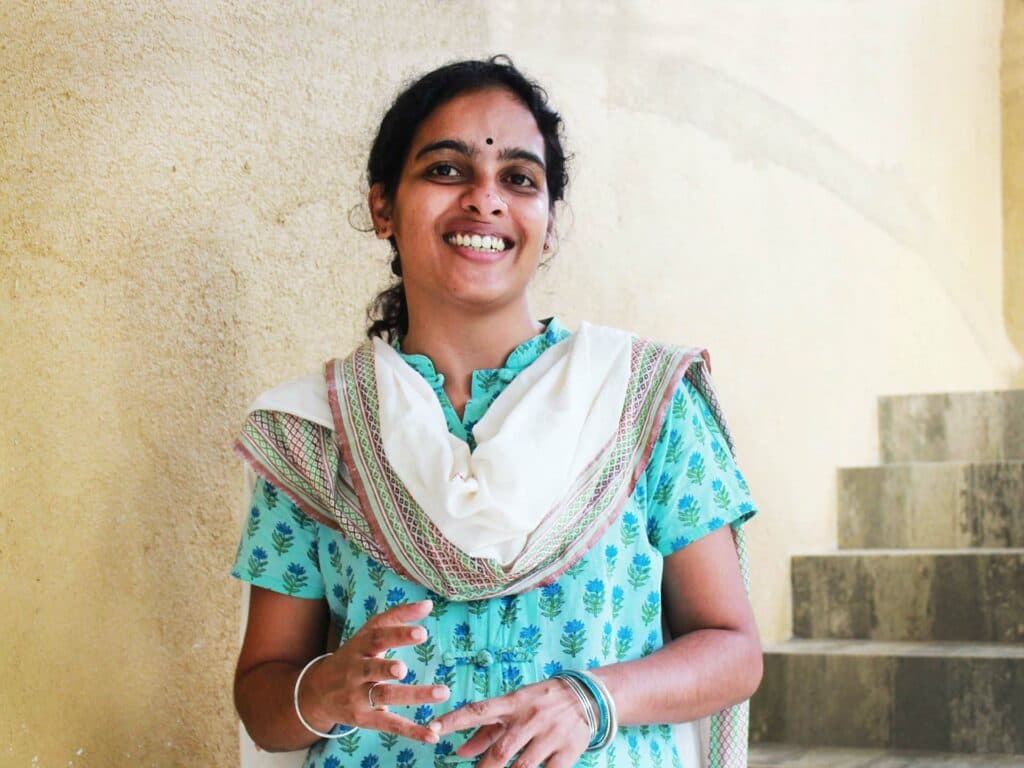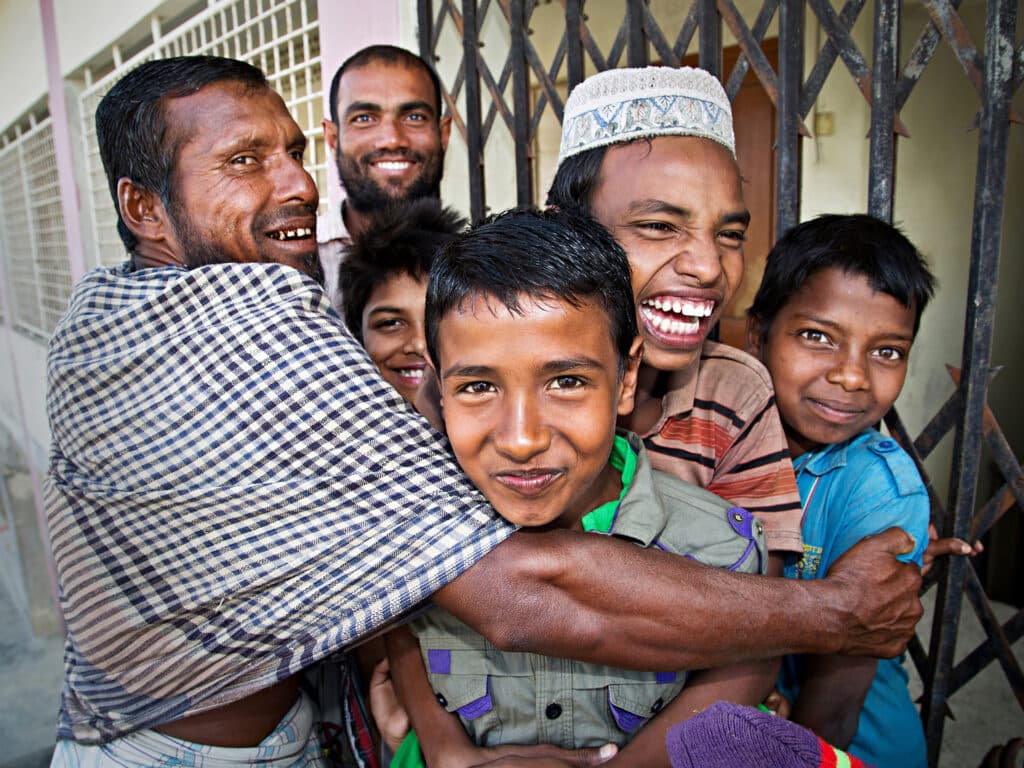
Sri Lanka’s Long Fight for Justice
In the highlands of Sri Lanka, a massive development project promised prosperity but uprooted lives instead. Through its long-term partnership with Diakonia, the Law and Society Trust (LST) has walked alongside affected communities for over a decade.
At 78 years old, Chandrasekera, a human rights defender, carefully placed two thick stacks of documents on the table during a recent meeting in Badulla District, Uva Province. Pointing to the two piles of files he carried with him, he proudly explains:
"These are documents of our journey seeking justice for those affected by the Uma Oya project. At the start we did not keep maintained files but soon realized that without this, it is difficult to prove our case. We have letters from farmers, publications and data that lists the extent of the damage."
These papers tell the story of what happened when a grand vision collided with the lives of ordinary people, and why the fight for justice continues today.

When Progress Brings Loss
The Uma Oya River winds through the central highlands of Sri Lanka, where farmers in areas like Bandarawela have cultivated vegetables for generations. In 2008, the government launched an ambitious plan called the Uma Oya Multipurpose Development Project to build two dams, dig a massive underground tunnel, and redirect water to drought-prone areas downstream while generating hydroelectric power.
On paper, it seemed like a win-win. But for farming communities upstream in Badulla District, the reality was different. Around 7,500 houses and approximately 20,000 families suffered from drying wells and cracked walls and foundations. Small streams that had fed agricultural lands for centuries simply disappeared. Farmers watched helplessly as their land became unusable, their livelihoods slipping away. Many families were displaced and forced into daily wage labour just to survive.


"Several civil society networks, and organization came to the aid of those affected," says Chandrasekera, who in his later years has taken up the cause to fight for affected farmers and fair compensation.
A Community Finds Its Voice
When the crisis deepened, people took to the streets in 2010. Among the civil society organizations that answered the call was the Law and Society Trust (LST), a Diakonia partner committed to justice and human rights. Together with other groups, LST helped establish the Citizens Forum, giving the community a collective voice.
The community chose Chandrasekera to represent them. Alongside Padmawathi and Somaweera, also in their 70s and equally committed, he became the bridge between affected families and those in power, attending court hearings, meeting officials, and bringing updates back to his community.

"We fight not just for our generation but also the next generation," they say.
The important milestone came in 2015 when the Centre for Environmental Justice (CEJ), another Diakonia partner, filed a Supreme Court case demanding compensation for affected communities. LST joined the campaign to sustain the collective effort. The court case laid the foundation for compensation, but the path has been slow, hindered by bureaucracy, corruption allegations, and political shifts through multiple elections. Only one cycle of compensation has been distributed, leaving significant gaps in what affected families were promised.
Building Power Through Knowledge
LST connected the Citizens Forum to the People's Alliance for Right to Land in 2018, and by doing so, they linked the local struggle to a national movement. Beyond building alliances, LST equipped the community with critical tools: training in mobilization and advocacy, and crucially, help filing a Right to Information application. For the first time, the community obtained government records showing exactly who received compensation and how much. Armed with facts, not just stories, they could demand real accountability.
Today in 2025, the struggle goes on. The affected communities continue to protest and are taking a stand to get the compensation. They are calling not only for government accountability, but also for better enforcement of the law relating to the protection of the environment and rights of the people.

The Question of Tomorrow
The fight for justice is ongoing, but so is the question of who will carry it forward. Sandun Thudugala, LST's Director of Programmes, addresses this directly:
"So far the struggles in Sri Lanka have been led by people who have direct experience of rights violations and now getting on in years. We need to think about ways of including and empowering youth to continue the struggle into the future."
Chandrasekera sees this challenge clearly.
"They have no time. They are working in towns. We are the only ones taking this forward, but when a solution comes it is the next generation that will benefit from our struggle," he says.
Still, he remains hopeful. He recalls 2022, when Sri Lankans rose up against economic crisis and government failures in what became known as the "Aragalaya" (people's struggle). It proved that where there are unfair structures and injustice, defenders will rise.
For now, Chandrasekera and his fellow defenders stand guard over stacks of documents and decades of memories, fighting for water, land, and justice. They do it not for recognition, but because someone must. And because they believe deeply that tomorrow can be different.
About Law and Society Trust
The Law and Society Trust (LST), established in 1982, is committed to promoting legal reform and contributing to the advancement of human rights in Sri Lanka. Focusing on justice, equity, and the rule of law, LST engages in research, advocacy, and education to support policy changes and strengthen civil society. Some of their main activities include legal education and rights awareness, publications, and the dissemination of information, and are linked with networks at the national and international levels. LST has been collaborating with Diakonia since 2013, working together to enhance access to justice and uphold human rights.




